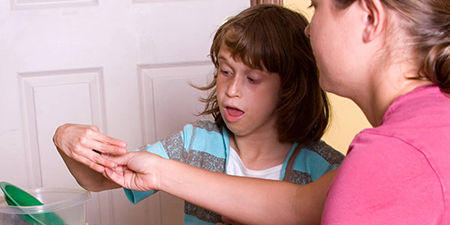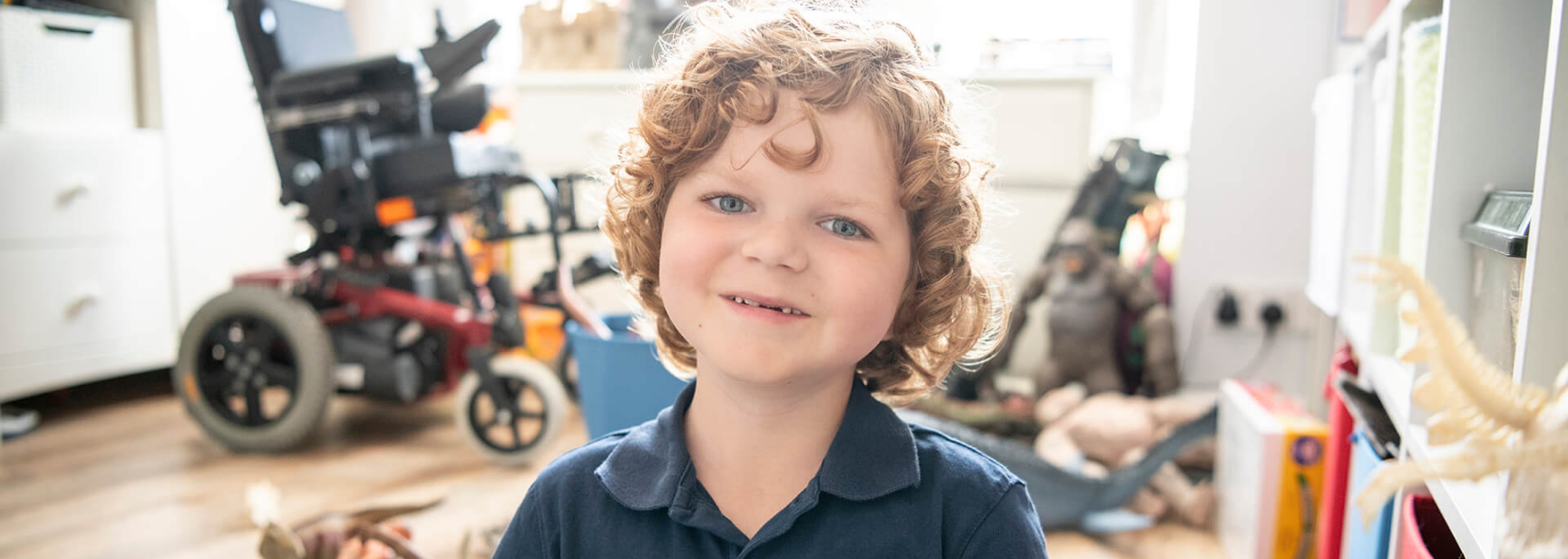From Casimir to Endpoint Solutions
A history of innovation.
Casimir was founded in 2016 by Christine McSherry and Mindy Leffler, both campaigners for and champions of patients with Duchenne Muscular Dystrophy.
Endpoint Solutions
Our Patients. Our Partners.
We develop novel outcome measures for decentralized and hybrid trials by engaging patient communities as partners in research. Every project starts from the patient perspective, taking new approaches to understanding and documenting disease progression and treatment benefit, including video assessment and other innovative tools.
By developing relationships with patients, our Study Coordinators can better support implementation, thus enhancing the participant experience and increasing enrollment and retention.
We engage stakeholders including KOLs and regulators to develop new methods of capturing and quantifying patient outcome changes.
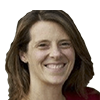
Mindy Leffler
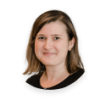
Steffanie Wilson

Denise King
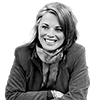
Christine McSherry
Experts in Remote Data Collection
As specialists in remote data collection, we enable you to gain relevance in everyday life. Our program management and clinical development services enable sponsors to capture data remotely in a non-interventional study, all led by highly experienced study managers and study coordinators who are well versed in remote capture.
Our innovative, user-friendly mobile App enables easy video recording of functional tasks by the caregiver, capturing habitual performance in the home environment. Our data monitors oversee quality control while our certified raters carry out centralized scoring.
It’s an approach that removes confounds related to travel fatigue, vacation mode, unfamiliar assessors and a new environment.

Duchenne Video Assessment
Novel remote video capture clinical assessment, which showcases ease of movement.
Our innovative App enables us to:
- Follow trajectory of an individual patient
- Quantify ease of movement not speed of movement by assessing compensatory movements
- Instinctive adaptations to healthy movement patterns adopted to work around progressive weakness
- Capture all nuanced and significant compensations
- Allow for different compensatory strategies
- Provide a window into patient function in the home environment
Key Service Areas

Caregiver Assessment Designs and Patient Assessment Designs
In rare pediatric diseases, we use the caregiver’s observations to design outcome measures that have the potential to demonstrate the effects of intervention in the short term.
Our lead project involves the quantification of the quality of movement captured by caregiver video.
Because the design of patient-reported outcomes depends entirely on a deep understanding of the patient experience, we’ve developed an interview technique designed to uncover potential changes in patient quality of life that can be reflected in an outcome measure.
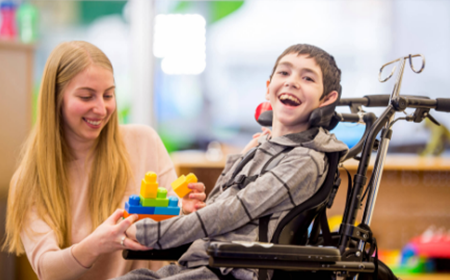
Rare Disease Outcome Measures with Regulators in Mind
Our approach to neuromuscular projects is shaped by our knowledge of living with rare disease and experience of navigating a complex regulatory landscape.
Our clinical trials are built around the patient experience in a way that benefits both patient and sponsor. And our concept of interest is ease of movement. So we are specialists in measuring nuanced compensatory movement patterns in a heterogeneous disease population, using our proprietary video capture and scoring approach.
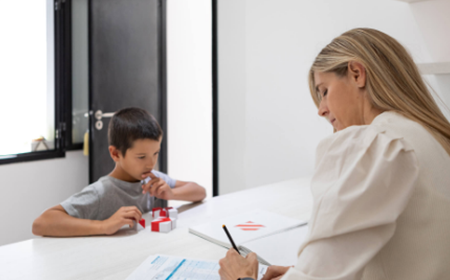
Protocol Consultation
Our extensive experience in clinical trial participation, along with engagement with the rare disease community, enables us to develop an understanding of the caregiver and patient realities of participation in a specific clinical program, uncovering potential confounds in the data collection methods.

Patient Communications
Many sponsors send out communication geared entirely towards investigators without understanding that communication is consumed by patients. We review all communication strategies from the patient perspective and offer ways in which the concerns of the patient could be addressed more effectively.
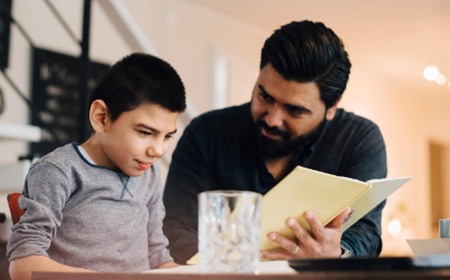
Neurodevelopmental
Our tailor-made neurodevelopmental assessments address the unique needs of each patient-population and are sensitive to change. Our patient- and caregiver-centered approach to developing and deploying outcome measures is designed to assess functional change in patients with rare neurodevelopmental disorders.
We identify concepts of interest for each measure through interviews with those most impacted by the disorders, and assessments are designed collaboratively with caregivers and expert clinicians.

Qualitative Capabilities
Using remote interviews, our qualitative services incorporate patient-specific perspectives into clinical studies of a wide range of diseases and conditions.
We then work with the sponsor to create a Qualitative Analysis Plan which outlines the research questions, create an Interview Guide and collaborate with the sponsor to implement.
Active Studies by Disease Area
| Disease Area | Count |
|---|---|
| Duchenne muscular dystrophy | 9 |
| Angelman Syndrome | 2 |
| GM1 Gangliosidosis | 2 |
| Mucopolysaccharidosis type IIID | 1 |
| VCP Disease | 1 |
| Primary mitochondrial myopathies | 1 |
| Congenital Adrenal | 1 |
| Hyperplasia | 1 |
| Mucopolysaccaridosis type III | 1 |
| Limb-girdle muscular dystrophies | 1 |
| Grand Total | 20 |

We look forward to talking with you, learning more about your specific goals and determining how we can help you.
